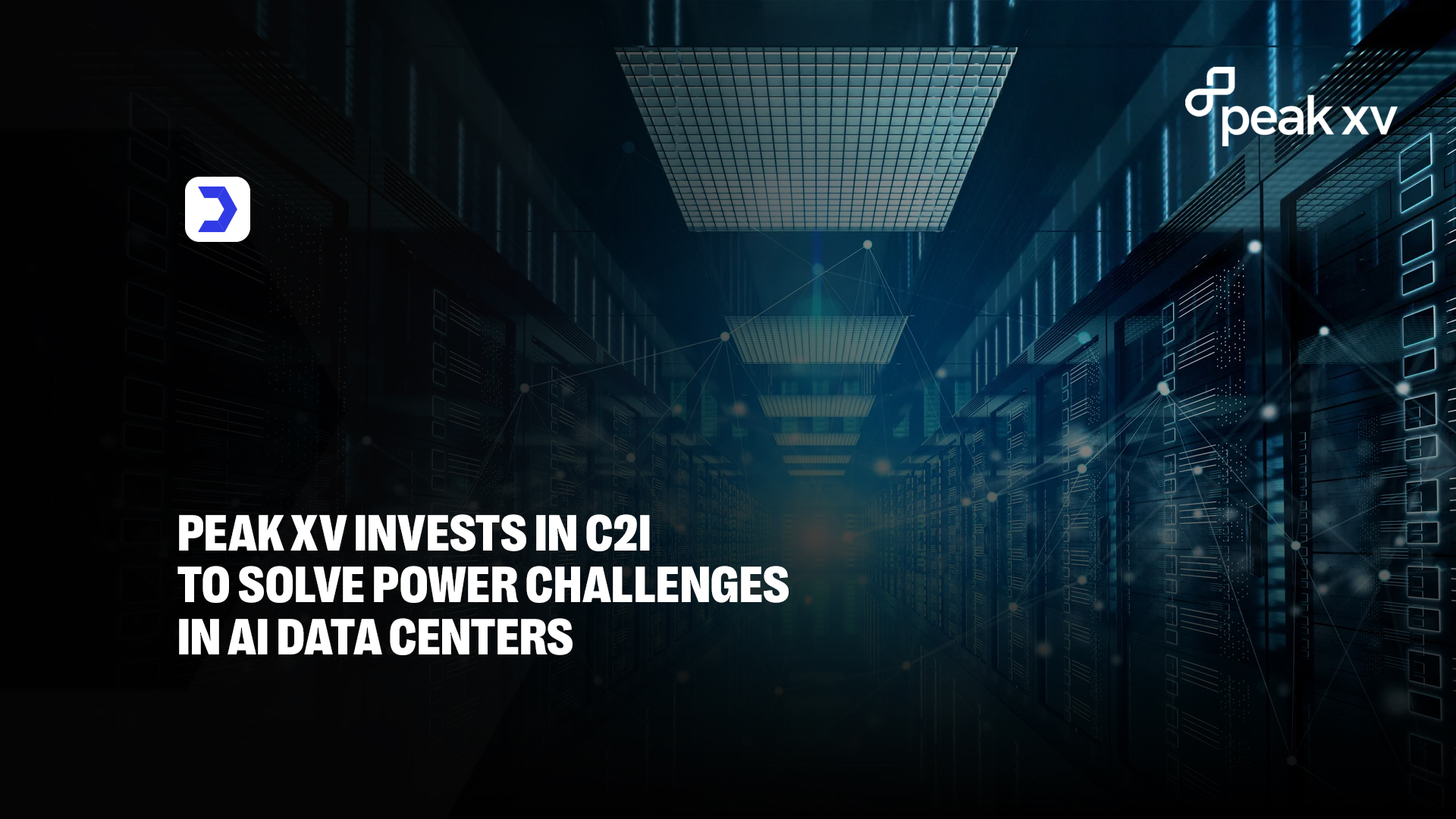In a recent statement, OpenAI CEO Sam Altman detailed the company’s strategic strategy for its upcoming AI models, GPT-4.5 and GPT-5. This plan aims to improve product offerings and user experiences by adding increased reasoning skills, which will result in more intelligent and efficient AI systems.
Altman underscored the company’s dedication to simplifying its AI models, adding that GPT-4.5, internally known as “Orion,” will be the final model that does not use extensive chain-of-thought reasoning. This model is scheduled for availability in the next few weeks. Following this, GPT-5 is planned to be released over the next few months, introducing a unified system that combines OpenAI’s existing technologies, including the o3 model, into a cohesive framework. This integration aims to reduce the need for users to manually select between several models, hence improving the overall user experience.
GPT-5 Timeline: What to Expect and When
The development and implementation of chat GPT 5 are important to OpenAI’s goal of improving artificial intelligence. While no exact release dates have been set, Altman has claimed that chat GPT 5 will be available within “months” of GPT-4.5’s release. This period suggests that implementation could take place in the second half of 2025.
As AI development accelerates, data security concerns remain a critical issue. OpenAI’s advancements coincide with broader discussions about AI governance and data privacy, especially regarding AI training and data transfers. DeepSeek’s recent ban on China data transfers due to security concerns reflects growing scrutiny over how AI models handle sensitive data. The increasing emphasis on ethical AI development highlights the need for companies like OpenAI to balance innovation with responsible AI practices, ensuring compliance with evolving global regulations. DeepSeek’s policy shift demonstrates how AI companies are navigating regulatory challenges while enhancing AI capabilities.
In parallel, AI detection tools are becoming essential in verifying AI-generated content as models like GPT-5 grow more sophisticated. The ability to differentiate AI-written text from human-created content is becoming increasingly difficult, driving demand for solutions like GPTZero. As OpenAI’s technology progresses, tools such as GPTZero play a crucial role in ensuring transparency and authenticity in AI-generated content. This growing reliance on AI detection underscores the importance of accountability, especially as AI-generated text becomes more prevalent across industries.
By combining the o-series and GPT-series models, Open AI chat GPT hopes to create a highly versatile AI system capable of effortlessly executing varied tasks, eliminating the need for manual model selection. This innovation promises to improve AI’s intuitiveness, efficiency, and applicability to a variety of applications.
OpenAI’s New Challenges
Despite its ambitious vision, OpenAI faces significant hurdles in developing and deploying GPT-5. Training an advanced model of this scale comes with substantial technological and logistical challenges. Reports indicate that GPT-5 development has been delayed due to rising costs and technical difficulties, with training expenses estimated to reach $500 million per six-month cycle. These high costs create financial strain, making it crucial for OpenAI to balance innovation with sustainability.
As the AI industry becomes increasingly competitive, OpenAI is encountering growing pressure from emerging players like DeepSeek, which has introduced models such as DeepSeek-R1 that offer competitive performance at a lower cost. The rapid expansion of AI startups is reshaping the industry, challenging OpenAI’s dominance in AI development. This evolving landscape demands continuous innovation to maintain leadership while addressing efficiency and affordability concerns. Sam Altman’s discussions on AI’s benefits and inequity further emphasize the challenges of ensuring fair AI distribution while keeping up with technological advancements.
Model integration poses another major challenge. OpenAI’s plan to merge the o-series and GPT-series into a unified system requires careful execution to ensure seamless performance across various applications. This integration is designed to eliminate the need for manual model selection, creating a more fluid, efficient, and intuitive AI experience. However, achieving this level of consistency across different AI-driven tasks requires extensive fine-tuning and rigorous testing, adding complexity to GPT-5’s development timeline.
Another critical issue revolves around data collection and quality. Training OpenAI ChatGPT 5 necessitates vast amounts of high-quality, diverse data, which can be difficult to obtain. The effectiveness of AI models depends on the accuracy and fairness of the datasets used in training. The recent controversy surrounding Reddit selling user data for AI training sheds light on growing concerns over ethical data collection and privacy risks. Reddit’s approach to AI training data reflects broader debates about how tech companies source training data while ensuring transparency and user consent.
For OpenAI to maintain its credibility, it must navigate these data challenges while upholding ethical AI standards. The future of GPT-5 hinges on its ability to balance innovation, cost-efficiency, and responsible data usage, ensuring that AI development progresses without compromising fairness, security, or accessibility.
Artificial intelligence and automation are transforming industries, increasing efficiency, and driving innovation like never before. To remain competitive in today’s ever-changing environment, businesses must embrace cutting-edge technologies. Digital Software Labs specializes in AI-powered corporate transformation solutions, such as advanced automation, robotic enhancements, and intelligent systems. We help firms streamline processes, enhance efficiency, and achieve scalable growth in an AI-powered future.




